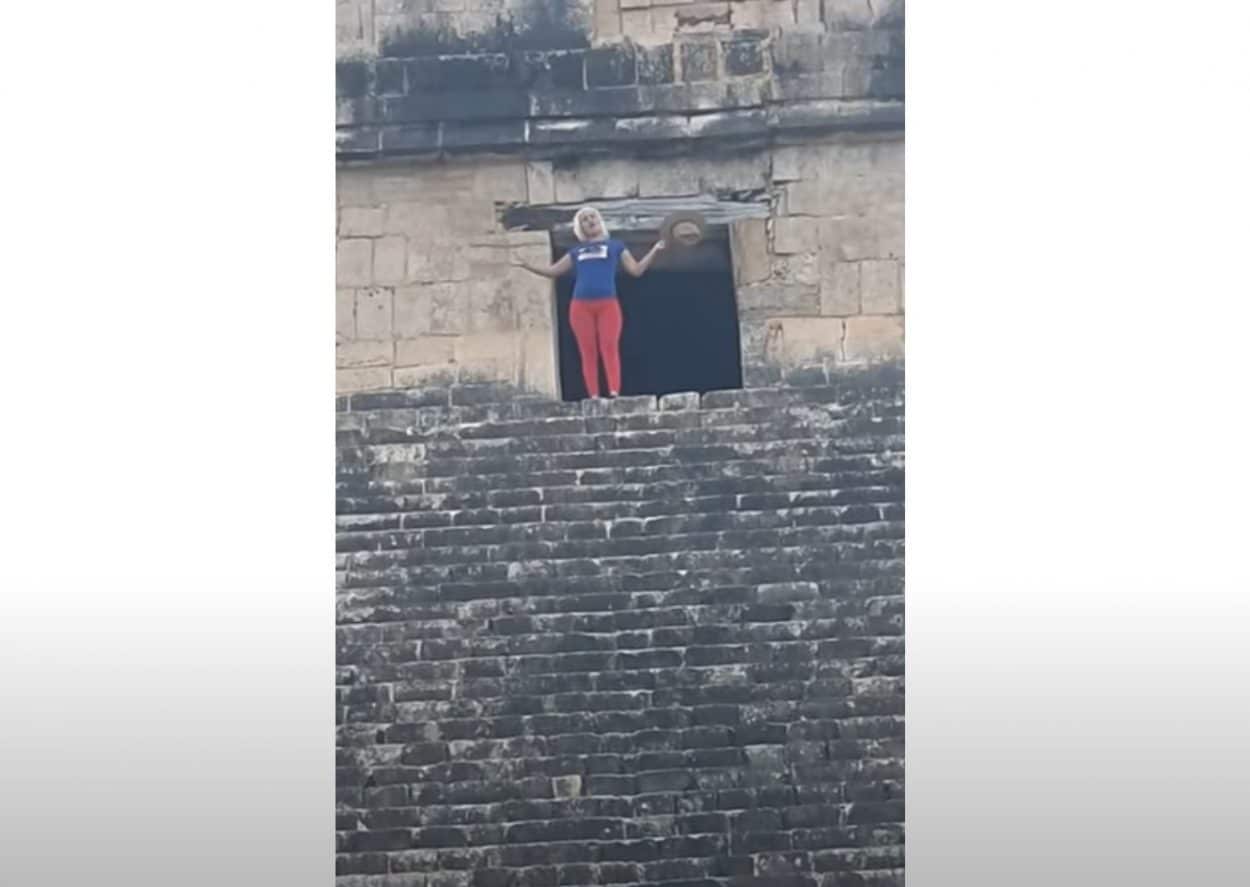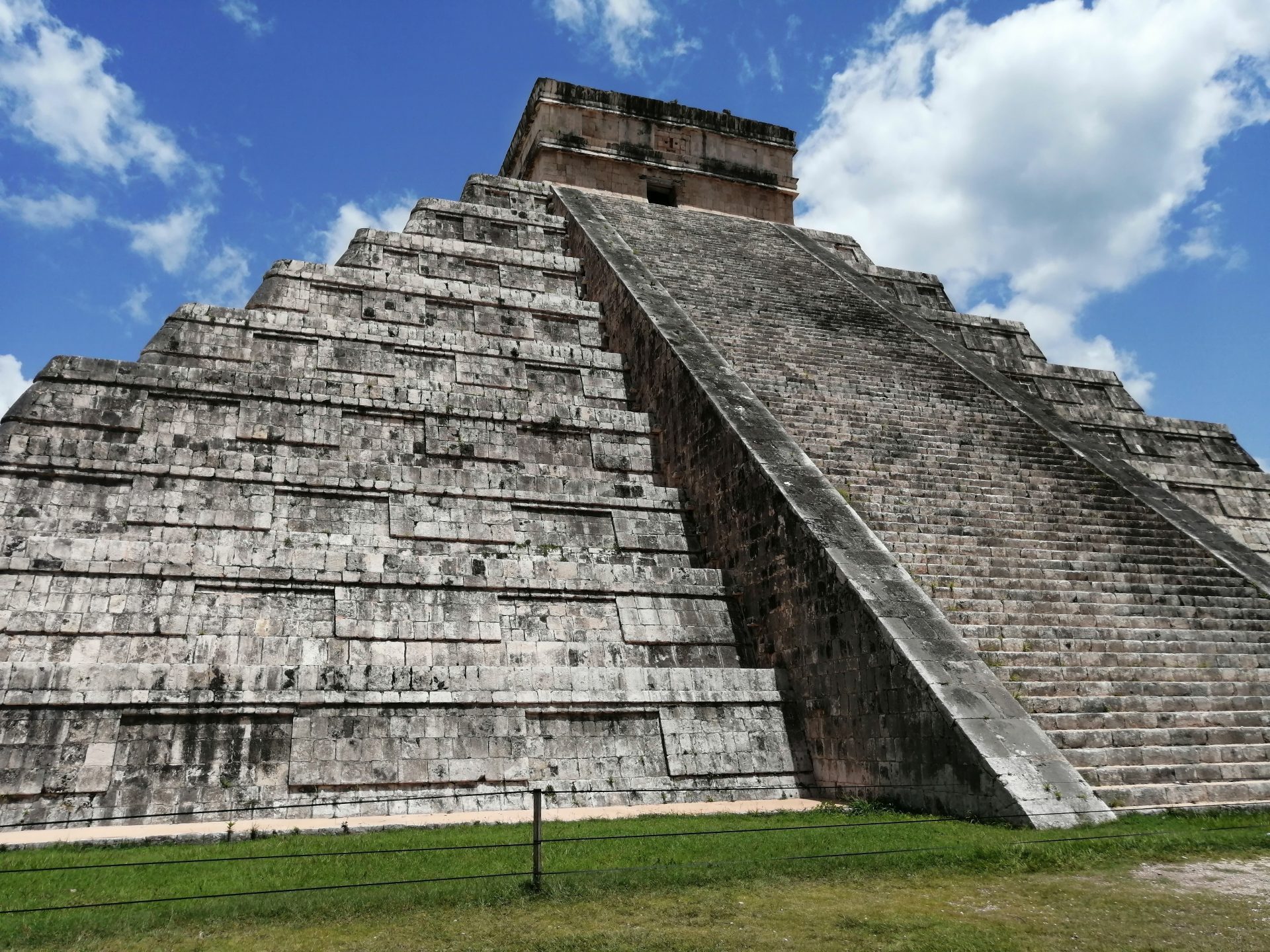A woman who illegally climbed the the Chichén Itzá’s Kukulcán pyramid has been fined by local authorities.
El templo, known as the Temple of Kukulcán, is a Mesoamerican step-pyramid in the centre of the Chichén Itzá archaeological site, located in the Mexican state of Yucatán.
The pyramid was build by the Maya between the 8th and 12th centuries AD, and is dedicated to Kukulcán, the Yucatec Maya Feathered Serpent deity closely related to Quetzalcoatl, a deity known to the Aztecs and other central Mexican cultures of the Postclassic period.
Since 2006, the National Institute of Anthropology and History (INAH), started closing public access to the monuments to prevent further erosion. While visitors may walk around them, they may no longer climb or enter the chambers.

In November 2022, the women, now identified as 29-year-old Abigail Villalobos, illegally climbed the Temple of Kukulcán and entered the chamber on the upper terrace. Upon emerging, she proceeded to dance and pose for cameras.
After descending the pyramid steps, she was met by an angry crowd who yelled “jail jail jail” and “idiot,” though the woman seemed relatively unphased.
Villalobos was then escorted from the site and taken to the nearby community of Tinum, where she received a fine of 5,000 pesos, roughly $250. Social media commenters have argued that Villalobos should be made an example of, and that federal charges should be brought against her.
INAH authorities have not commented on whether they will pursue direct legal action against Villalobos.
Chetumal-based lawyer Raúl López told the Yucatan Magazine: “People, even on holidays, have to understand that actions have consequences and that the law is the law. If she is let off with a slap on the wrist, it’s really sending the wrong message,” said Chetumal-based lawyer Raúl López.
Header Image Credit : Shutterstock





